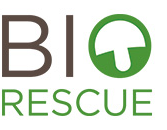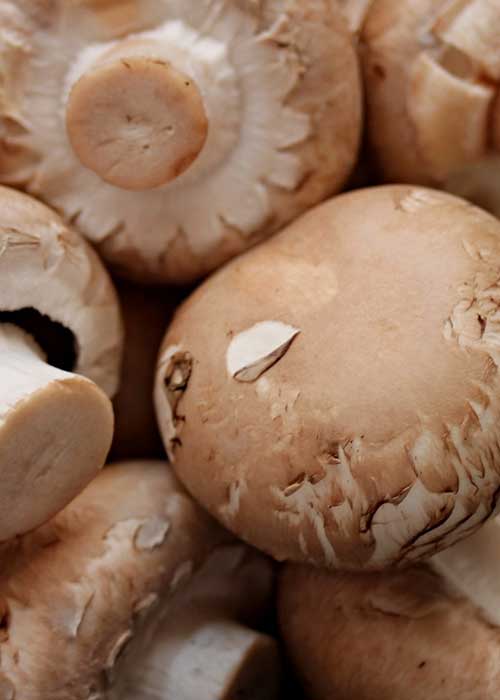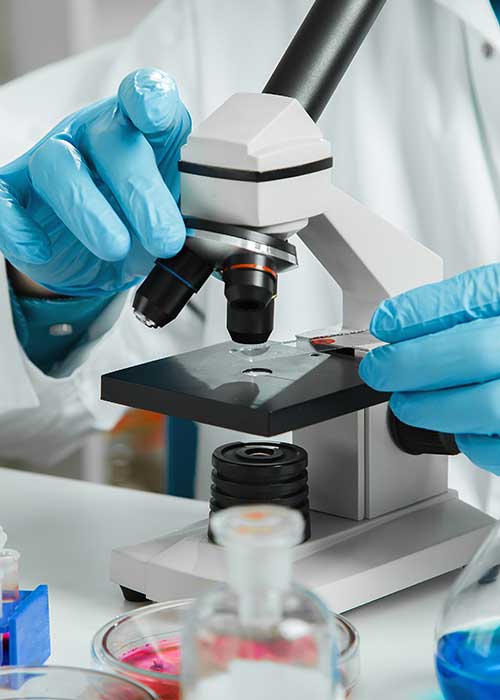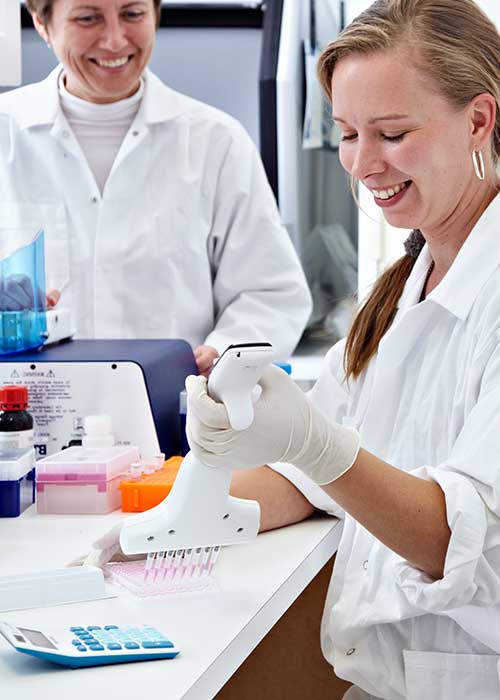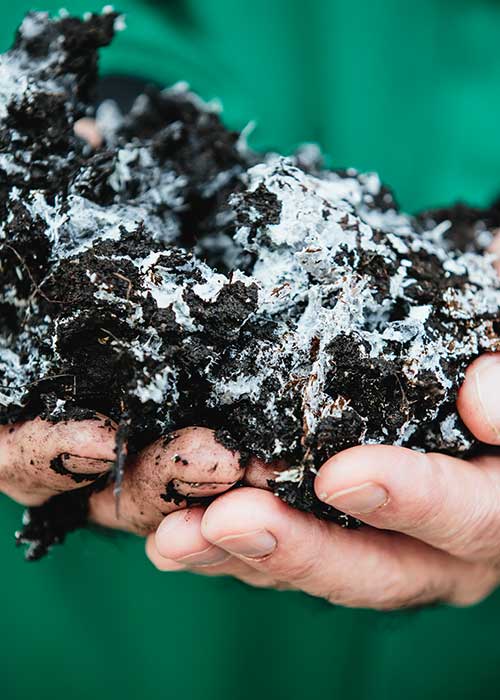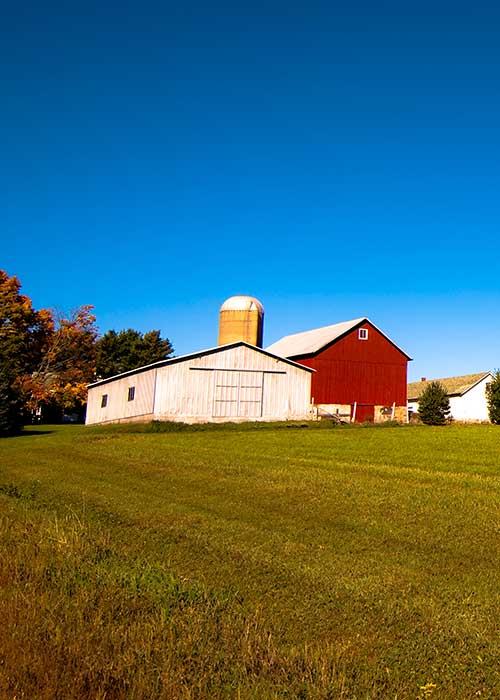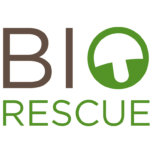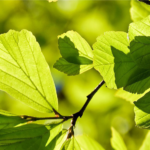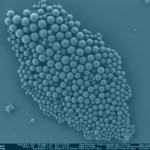Bio-based nanocarriers to treat plant diseases
#Fact 4
Bio-based nanocarriers to treat plant diseases
In BIOrescue researchers at the Max Planck Institute for Polymer Research developed nanocarriers made of “waste”, which release drugs in a way that cured a plant disease for the first time.
Two major novelties
Circular nanocarriers made of agricultural residues
Normally nanocarriers are made of polymers based on fossil fuels. Researchers at the Max Planck Institute for Polymer Research developed nanocarriers from agricultural residues for the first time. This makes them a truly “circular” product, from mushroom compost to plant cure.
Treating plant diseases that have never been cured before
The nanocarriers have been tested to treat ESCA, a fungi disease that affects 2 billion grapevine plants across the world, and for which there has so far not been a cure. Tests in labs and then on Riesling vineyards in Germany showed a reduction of the symptoms of the disease. If the effects are confirmed, the same method can be extended potentially to any other disease in agriculture.
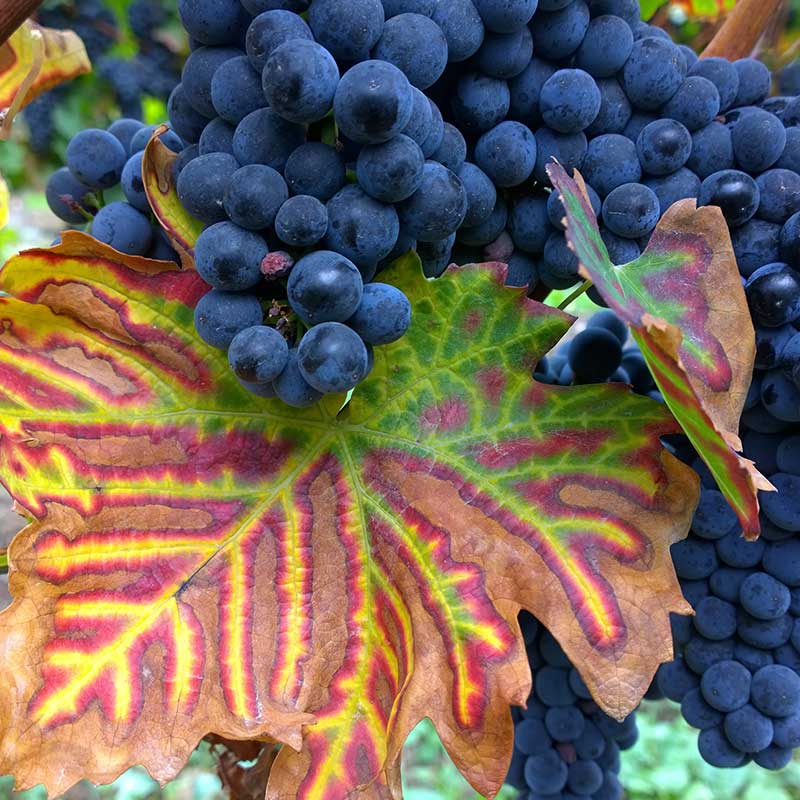
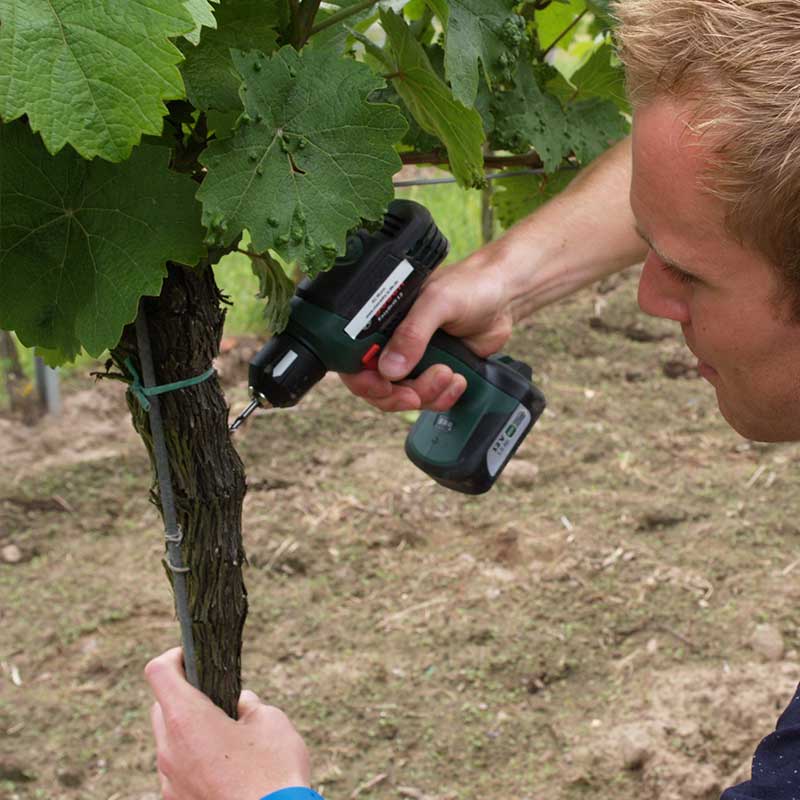
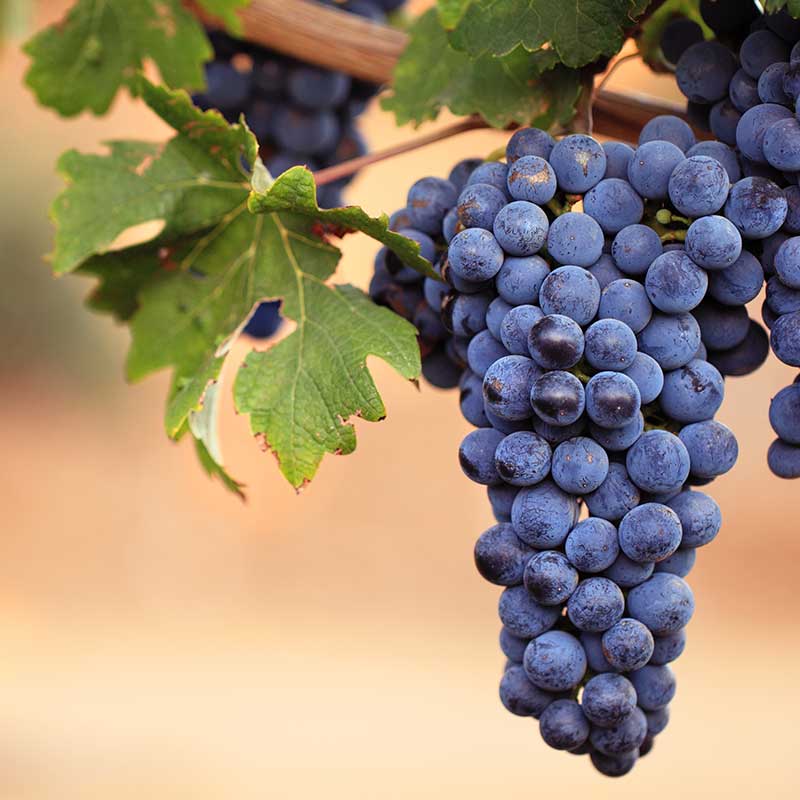
Credit: Max Planck Institute for Polymer Research
Targeted cure
Thanks to the natural enzymatic degradation of the nanocarriers, the drug is released inside the plant in a controlled and progressive way. With this effective method the drug only targets the fungi, which destroy the plant from inside. Tests demonstrated that these nanocarriers are not toxic for the plants, do not reach the crop and therefore do not affect animals or people.
Bio-based nanocarriers
What are nanocarriers?
Nanocarriers are very tiny degradable capsules that have been studied for medical applications in the last 30 years. These nanocapsules are considered the “magic bullet” to cure human cancer, because they discharge the drug directly to the targeted cells. In BIOrescue, the researchers at the Max Plank Institute investigated the possibility of transposing the same principle to cure plant diseases.
